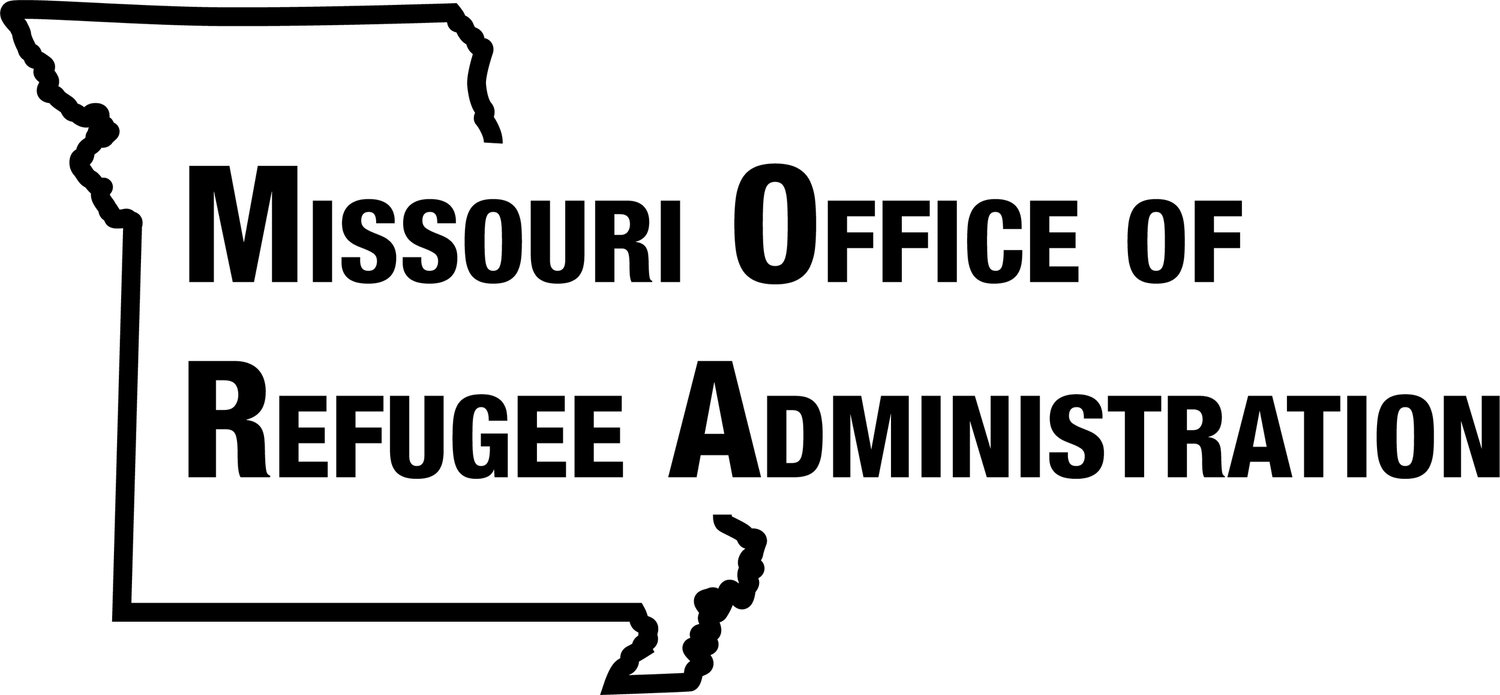A Recap of Emergency Preparedness Trainings in Joplin and KC
By Marisa Tesoro
In the heartland of America, where community resilience is paramount, Emergency Preparedness Training for Resettled Refugee Communities (EPT/RRC) recently took center stage. With a focus on empowering and educating immigrant and refugee communities, these workshops aimed to enhance awareness, preparedness, and connections to local emergency management structures.
The Birth of EPT/RRC
Born out of necessity following the 2020 derecho that affected Iowa, the EPT/RRC program took shape over two years through the collaborative efforts of FEMA, the U.S. Department of Health and Human Services, and the Office of Refugee Resettlement. The initial pilot in Michigan paved the way, and now Missouri has embraced the initiative with open arms.
Kansas City's Diversity
Held in the North-East Branch of the Kansas City Public Library, participants gathered for this day-long training with FEMA representatives leading the presentation and discussion.
Local refugee resettlement agencies in Kansas City, Kansas, took the lead on recruitment of attendees and organizers also relied on word of mouth to attract participants. This multi-faceted approach resulted in a diverse mix of attendees: participants originated from 8 different countries and spoke 26 languages! The varied backgrounds and languages spoken added an extra layer of richness to the experience, reflecting the diversity of the communities.
Participants as well as facilitators were also impressed with the relevance and practicality of the material. MO-ORA's Refugee Wellness Coordinator, Eric Petersen, appreciated the general safety planning for individual families. He explained that facilitators reviewed things like checking fire alarms and smoke detectors, establishing escape routes for the home, and having a plan for where to meet up if kids ever get separated from their parents during an emergency.
Joplin's Sense of Community
The training in Joplin showcased the power of belonging and establishing a sense of community involvement. RAISE staff led recruitment, tapping into existing English classes, fostering a sense of familiarity among attendees. The choice of RAISE as the venue, combined with a focus on interactive activities, created an environment where individuals felt at ease and ready to engage.
“People helped each other,” said Emre Sepici, the Missouri Resource Coordinator for MO-ORA. “I saw people translating the stuff that the others didn't understand... [in groups] people were able to explain to each other what they missed.”
At this training, attendees originated from 10 different countries and spoke 18 languages.
The Role of Mental Health Support
MO-ORA's Refugee Wellness Coordinator, Eric Petersen, was onsite during each of the trainings to assist and offer mental health support in case any needs arose. And when the series of trainings picks back up in the spring, he thinks it will be good to have a trained support person present for those, as well.
However, Petersen emphasized that “not all refugees are traumatized” and everyone remained very regulated throughout the day-long conversation. “So I'm glad I was there as a resource,” he said, “and I'm also not surprised I wasn't used because a lot of these people are very resilient and are able to have and participate in these conversations.”
A Dynamic Training Approach
Both Joplin and Kansas City implemented unique strategies. The first training in Kansas City incorporated a more structured setting, yet also maintained an interactive and engaging environment. At the second training, Joplin's emphasis on group activities and community-building exercises, like mapping homes and creating paper pizzas to visualize community partners, showcased the adaptability of the program.
Federal partners were able to modify the training between events to better tailor it to the audience.
Unexpected Joy in Learning
Surprisingly, the term "fun" surfaced when reflecting on the training. Excitement and joy seemed to stem from a shared commitment to learning and preparedness as well as a sense of community.
“I don’t know if new arrivals have a lot of opportunities to go out and be a part of a community event like this,” said Sepici. “So when people show up, they dressed very well, too. They were excited. They were in a like ‘coming to an event’ mood.”
The pride individuals took in representing their communities, coupled with the diverse backgrounds present, created an environment where education and enjoyment seamlessly intertwined.
“People loved saying what country they’re from, and when there's so many, it's so fun,” said Petersen. “And then afterwards just millions of pictures. Everyone wanted pictures with their friends, solo shots with a different phone with their certificate.”
A Blueprint for Community Resilience
As the EPT/RRC training program expands across the state in the spring, the success stories from Joplin and Kansas City provide a blueprint for community resilience. The integration of cultural awareness, practical preparedness exercises, and the celebration of diversity contribute to the overall success of the program. With each session, the program not only prepares communities for emergencies but also strengthens the bonds that make them resilient in the face of adversity.

